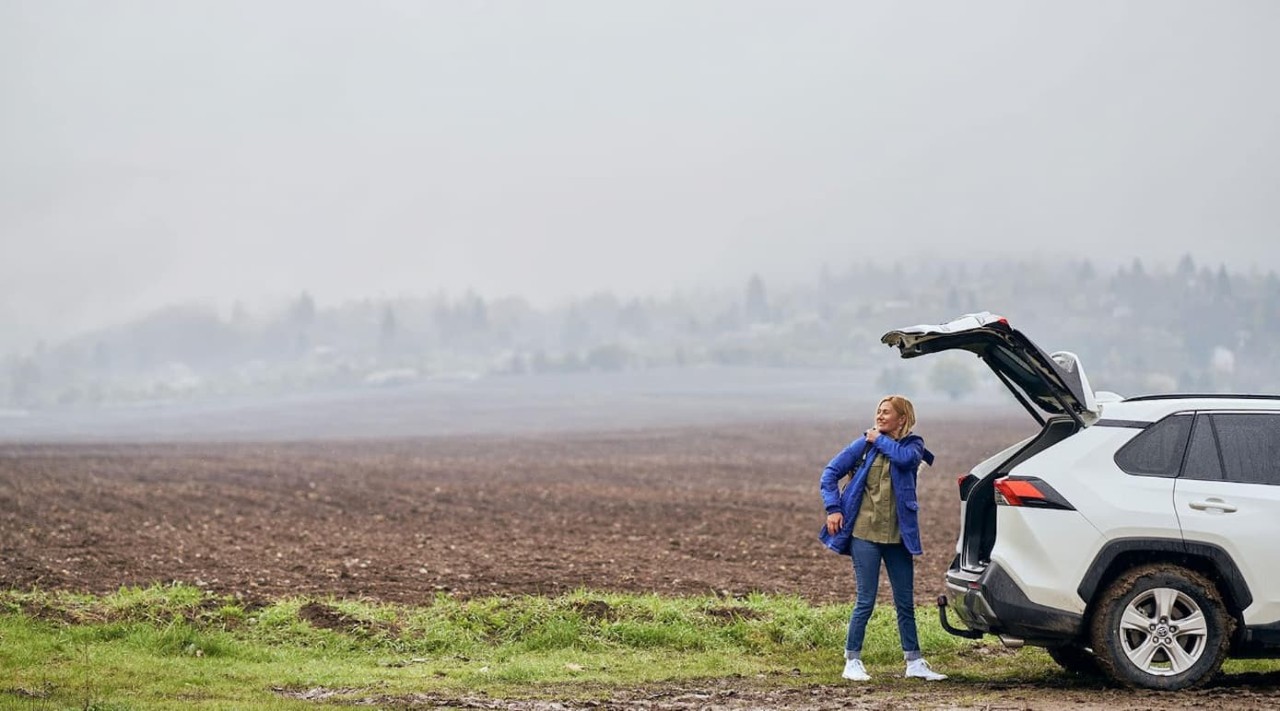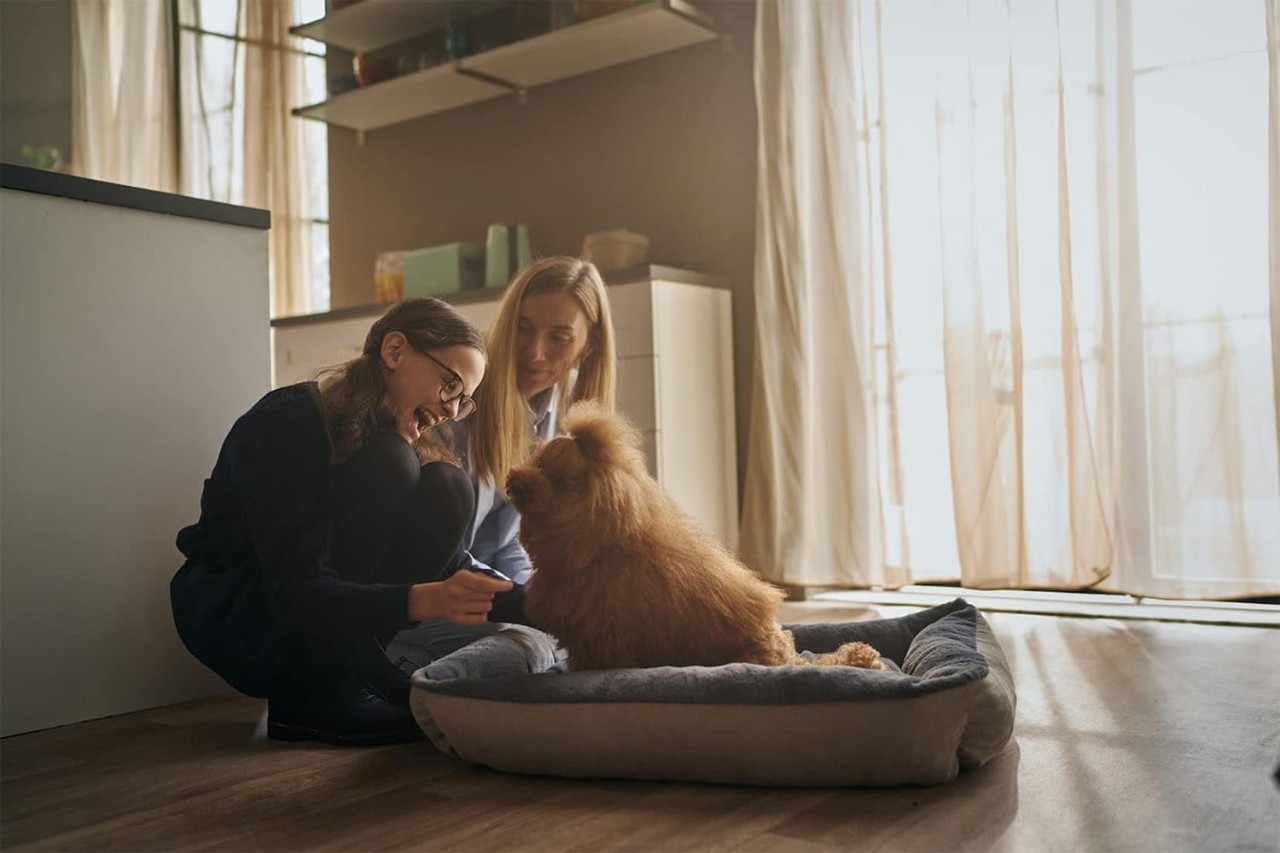August 2024
We share so much of our lives with our pets that we may be tempted to share our food with them as well. Especially when they beg on their hind-legs, or sit and stare longingly at every morsel of food or treats that we put into our mouths!
We all know we should not give in to their demands and stick to pet food - it is bad training and will cause them to put on weight. But do we realise the more serious risks that our foods have on our pet’s health?
Below are examples of foods we as humans consume every day that are harmful to our pets.
Onions
The onion family (onions, leek, garlic, chives etc.) either raw or cooked can irritate a dog’s stomach and intestines and damage their red blood cells! An amount equal to 0.5% of their body weight can be toxic (25 gram in a 5kg dog). They may have a stomach upset within 24 hours, with vomiting and diarrhoea but it may take a few days for the more serious effects to be seen. A chemical called N Propyl Disulfide in onions can attach to the oxygen molecules in your dog’s red blood cells and cause anaemia, with lethargy, weakness and pale gums. Your vet will need to keep your dog on intra-veinous fluids to flush out their bloodstream and may even need to give a blood transfusion!
Chocolate
With Easter behind us and lots of remaining Easter eggs lying around, we all need reminders about the serious toxic effects of chocolate and the need to keep it strictly out of the reach of our pets. The toxins Theobromine and Caffeine in chocolate are stimulants and signs of poisoning are vomiting and diarrhoea, increased thirst, panting and restlessness, excessive urination and a racing heart. This may progress on to muscle tremors, seizures and heart failure in severe cases. If you know your pet has eaten chocolate do not delay. Bring any chocolate wrappers to your vet so they can try to assess the amount and type of chocolate eaten. Dark chocolate is more toxic than milk chocolate. They will give your dog an injection to induce vomiting and monitor your pet in case of any symptoms.
Grapes and Raisins
Grapes and raisins are another cause of toxicity, with the risk of acute (sudden) onset kidney failure, so absolutely no titbits of fruit cake for your pet at Christmas, Halloween, or any other time of the year and never share grapes or raisins with your pet.
Xylitol
Xylitol, used as a sugar substitute in sugar free products such as chewing gum, sweets etc. is extremely toxic to dogs and cats, causing a rapid drop in blood sugar with weakness and staggering, followed by liver failure and possible death. A dose of just 0.1 gram per 1kg weight of your pet can be toxic and one piece of sugar free gum can contain 0.3 to 1 gram! So be very careful with leaving gum or sweets within reach of your pets and dispose of them, and their wrappers, very carefully.
Alcohol
Alcohol is also very toxic for pets, so never feel tempted to let your dog lick up a spill, or delay mopping it up, as even small amounts can have very serious consequences. It will cause symptoms of vomiting, disorientation, high body temperature, restlessness, excessive panting, muscle tremors and seizures. In severe cases or if left untreated it can lead to organ failure and even death. Ideally keep alcohol stored securely away from pets and never leave glasses containing even small amounts within their reach. Keep your pets safely kept away from guests who may be tempted to let them taste alcohol or lick up a spill. Empty all left overs and keep bottles and glasses out of reach.
What to do if your pet accidently consumes any more than a small sip of alcohol, or an unknown quantity? Call your vet immediately and let them know you are on the way to their clinic for urgent treatment.
Avocados
Avocados contain a fungicidal toxin called Persin and in high doses it can cause vomiting and diarrhoea and myocardial (heart muscle) damage. The high fat content may also cause pancreatitis in dogs.
Bacon
Bacon and other high fat, salty foods can also contribute to pancreatitis and heart failure in dogs, so are best avoided.
Bones
Bones are another risky item to give to your dog due to very common problems with obstructions in the digestive tract, cracks in teeth, choking hazards, etc. Dispose of bones in a dog proof containers to avoid scavenging and the risks involved.
Tea and coffee
Pets are more sensitive to caffeine stimulant than humans, so make sure your pet never has access to it. Even a couple of laps of tea or coffee is best avoided but that amount may not cause toxic symptoms. However, if your dog gets at your kitchen bin and swallows a pile of coffee grounds, tea bags or coffee beans, symptoms of poisoning may start within 30 minutes and can last up to 12 hours. Your pet will start to vomit, have an increased heart rate, a raised body temperature and will become hyperactive. Their heart may develop abnormal rhythms and they may have muscle tremors and seizures, and even loss of consciousness. They will need immediate veterinary attention.
Macadamia nuts
These contain an unknown toxin that can cause weakness of the back legs in dogs as well as the high fat content causing stomach upsets and a risk of pancreatitis. Definitely best avoided!
Milk
Milk is also best avoided in pet’s diets as it can cause digestive upsets leading to excess gas, diarrhoea and vomiting, due to a lack of the enzyme, lactase, which breaks down the sugar, lactose, in milk.
So, to keep our pets safe we need to feed them only properly formulated, nutritional pet diets and not be tempted to share our foods with them. We also need to ensure that all the items mentioned above are kept safely out of reach from our pets and that bins are well sealed and kept away too. It is best to be aware and take precautions to keep our pets well. Be safe and not sorry!
This guidance is for general information purposes only. Allianz accepts no responsibility or liability for any losses that may arise from any reliance upon the information contained in this guidance.
Information correct as of date of publishing. This blog will not be updated or edited so the information may become outdated.






